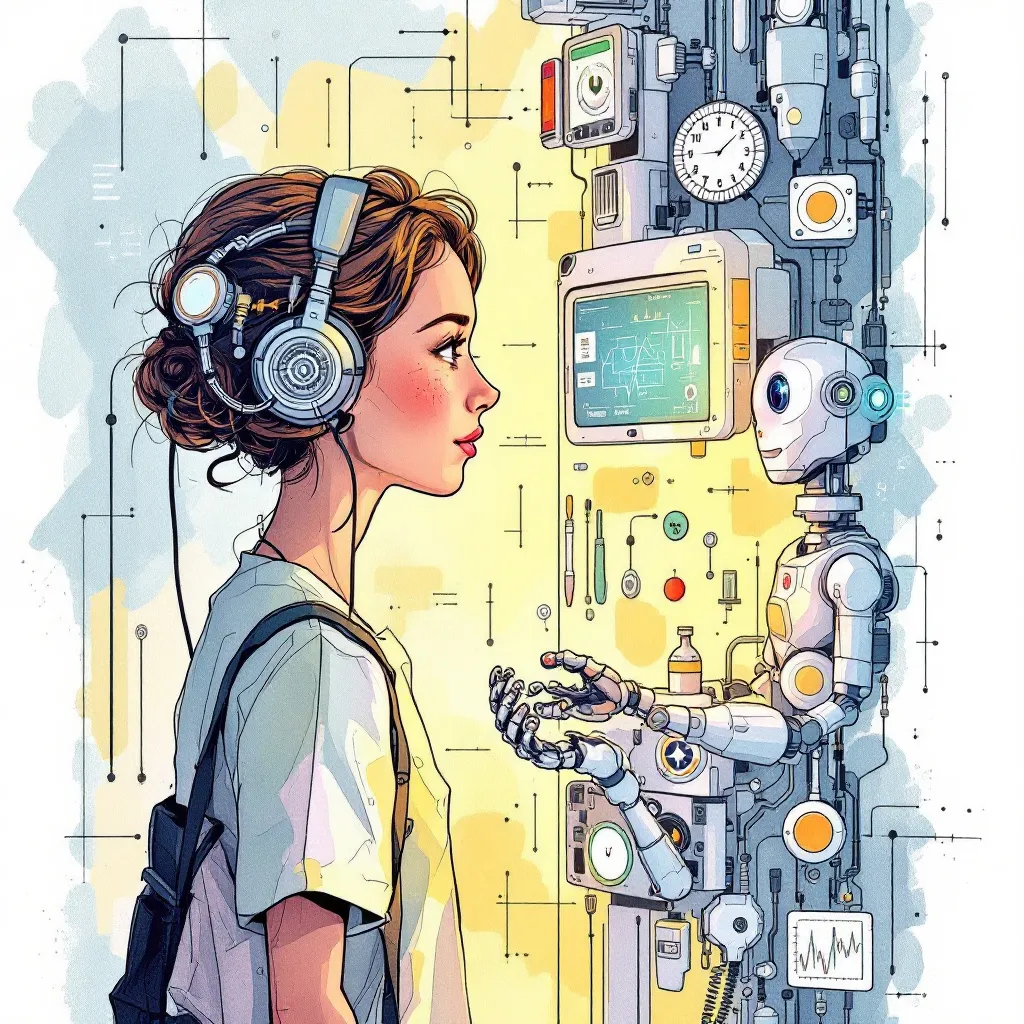
The Role of AI Assistants and Virtual Agents in Healthcare and Beyond
AI assistants and virtual agents are transforming various industries, including healthcare, by providing personalized support and automating tasks. Here’s how they’re making an impact:
- Personalized Support: AI assistants can offer tailored advice and support to patients, helping them manage their health more effectively. They can provide reminders for medication, appointments, and lifestyle changes based on individual needs.
- Automation of Administrative Tasks: Virtual agents can streamline administrative processes such as scheduling appointments, processing insurance claims, and handling patient inquiries, freeing up staff to focus on patient care.
- Enhanced Patient Engagement: AI-powered chatbots and virtual assistants can engage patients in their health management by providing educational content, answering questions, and encouraging adherence to treatment plans.
- Future Developments: As AI technology advances, we can expect more sophisticated virtual agents that integrate with telemedicine platforms, remote patient monitoring systems, and other digital health tools to offer seamless and comprehensive care.
AI assistants and virtual agents are not only improving healthcare delivery but also enhancing customer service and productivity across various sectors.
For more information on AI in healthcare and related technologies, you can explore the following resources:
- AI in Healthcare: Foreseemed provides insights into AI’s role in healthcare.
- Telemedicine and Remote Monitoring: Health Informatics discusses the impact of telehealth on healthcare delivery.
- AI in General Applications: IBM offers information on AI’s broader applications, including its potential in medicine.



